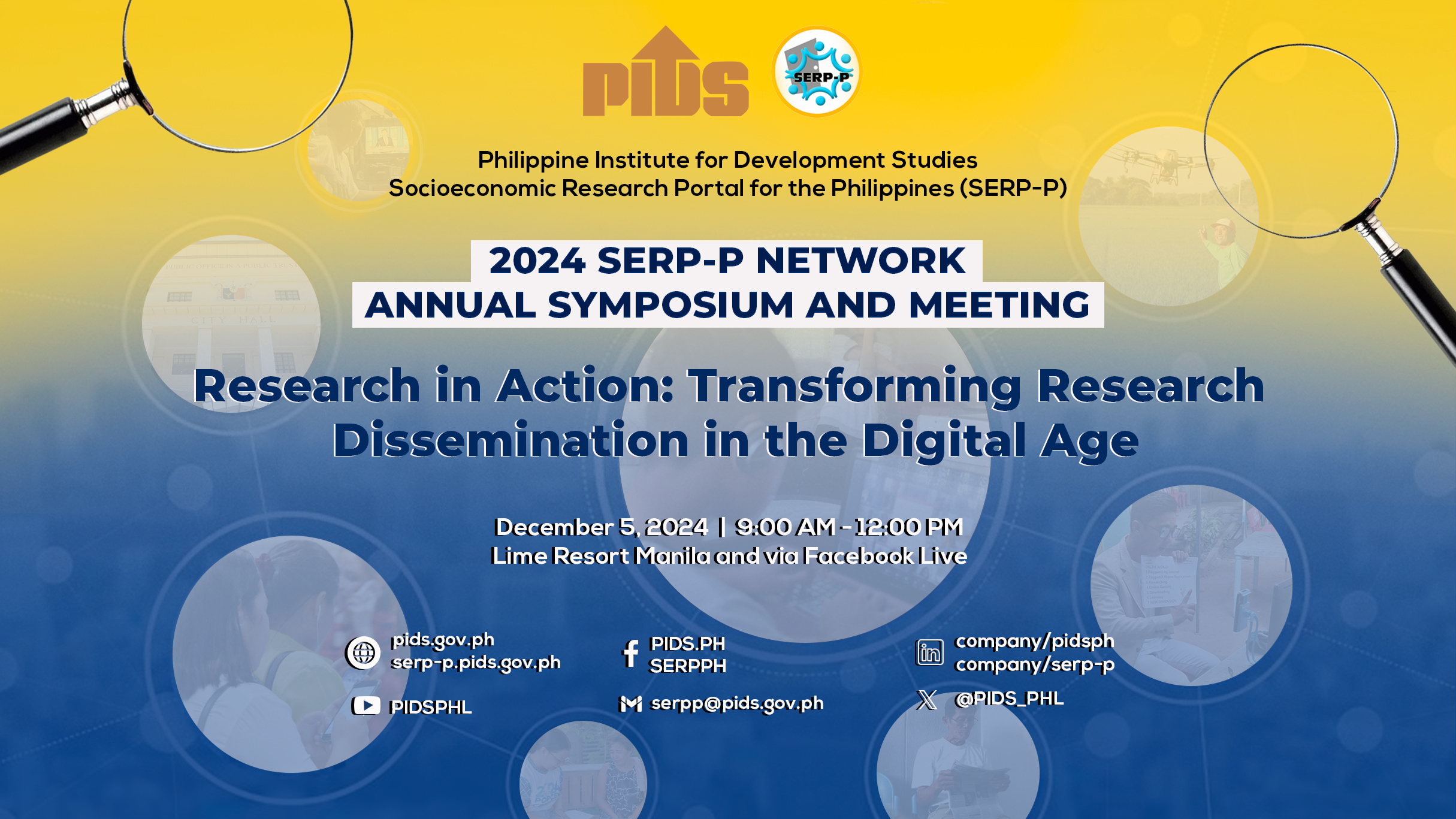Crucial to the success of the digital economy would be its cross-border nature.
This was one of the key points raised by Jeremille Raton, a digital advocate and business development manager for the Asia Pacific Region of Tiaxa, a Chile-based technology and data science company.
Raton, who served as a panelist during a webinar on digital taxation recently organized by state think tank Philippine Institute for Development Studies, noted that the digital economy presents opportunities for Filipinos as it can create new sources of revenues, particularly for the government.
However, he noted that while taxing the digital economy is essential, having “continuous (and) free-flowing data between borders… is crucial for the development and maturity of the digital economy.”
He added that with the flexibility of data and its ability to grow and be replicated and transferred, new products and services will emerge, creating a ‘culture of innovation’ among people.
Data should be accessible
“It is to everyone’s advantage to have free access to data,” Raton said.
He suggested the ‘regulatory sandbox’ approach, where solutions can be created and tested, to regulate digital transactions without hampering growth.
“For me, we have so many regulations. We have (one on) data privacy, security… We have complete regulations. But what we can do is to create this regulatory sandbox to allow stakeholders to fail and succeed,” Raton explained.
He urged the government to create a conducive regulatory environment for the digital economy, where incentives, aside from penalties, are designed to “promote trust and confidence in moving micro, small, and medium enterprises to the digital space or the digital economy.”












